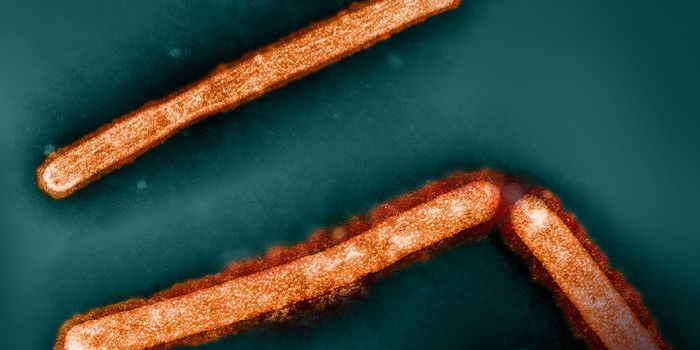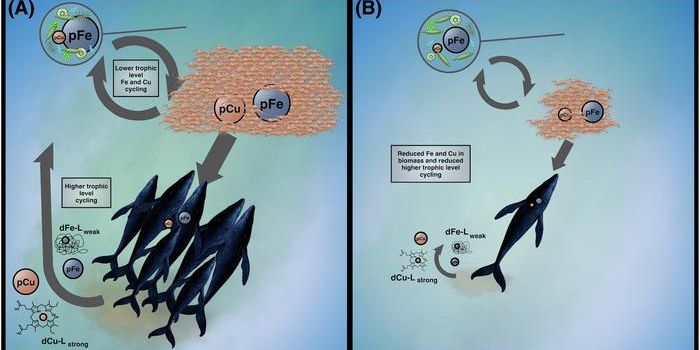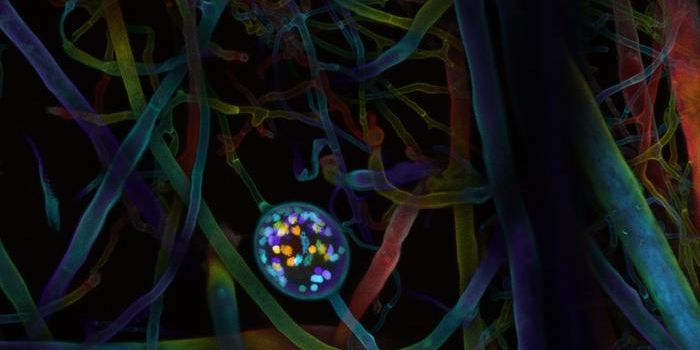Oxygen Levels Are Dropping In The Ocean, Affecting Fish Ecosystems
While it may seem counterintuitive, fish can suffocate in the water. They rely on the oxygen (specifically, dissolved oxygen) in the water, rather than the water itself, to breathe. Fluctuating oxygen levels in the ocean can affect where fish live, causing them to seek out new oxygen-rich places to live in.
According to new research published in Global Change Biology, this is exactly what’s happening, and these changes in fish habitats could have wide-ranging consequences.
Researchers conducted visual surveys of fish in the Southern California Islands over a 15 year period, monitoring changes in depth distributions (e.g., what fish were found in deeper waters versus shallower waters). They found that about a third of fish species surveyed showed increasing distributions in shallower waters. Researchers noted that this was likely due to changes in oxygen levels in oceans which were, without a doubt, consistently decreasing. A key contributor to this decline is likely warmer temperatures, which causes water to hold onto less oxygen that marine organisms need to live. This can lead to the development of dead zones, or areas that cannot support life because oxygen levels have been depleted.
The reduction of dissolved oxygen and shifts in fish migration habits have important implications for fish and ecosystem health. These changes can cause a number of problems for fish, but the chief issue is that they may be driven to certain habitats where they may not be optimally suited to live. Combining the reduced amount of oxygen rich deeper waters and warm surface waters, fish have an increasingly smaller area where they can optimally live.
These changes can also have economic and health consequences for humans, including changes to fishing industries. According to research published in Nature, tropical fisheries could see a reduction of fish stocks by the 2050s of nearly 40%, reducing access to an important food source for many communities.
To address these growing ecological and economic challenges, the research team noted that fish species that are closely managed need to be actively monitored for any distribution changes. This data should inform more effective, sustainable responses to fishery management and help humans respond to these changes.
Sources: Eureka Alert!; Global Change Biology; USGS; Nature








